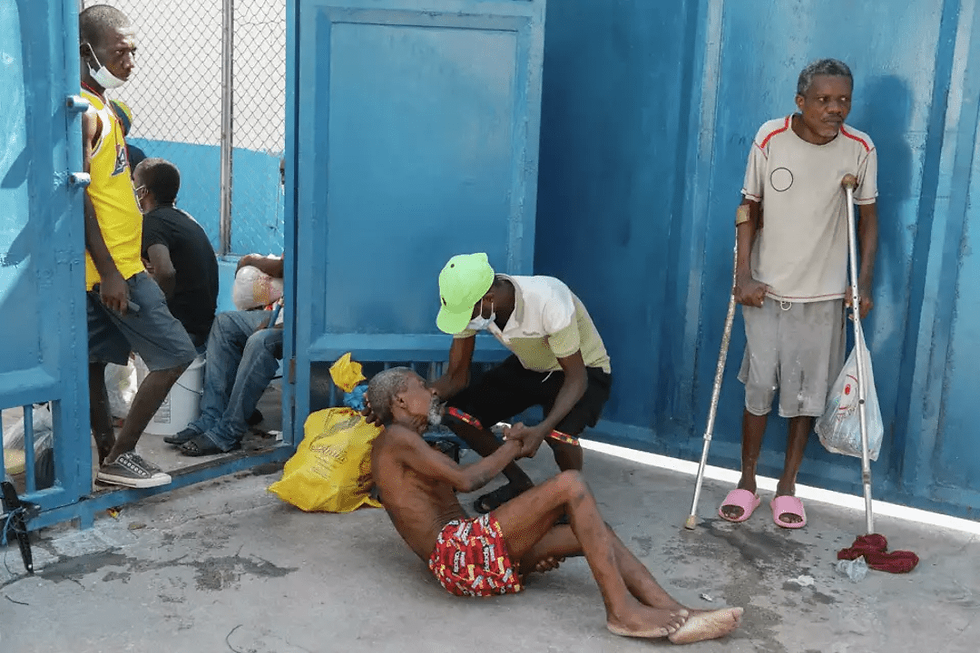Haiti orders a curfew after gangs overrun its two largest prisons. Thousands have escaped

Authorities in Haiti have implemented a nighttime curfew following a wave of violence sparked by gang gunmen who overran the country's two largest prisons, resulting in the escape of thousands of inmates over the weekend.
A 72-hour state of emergency went into effect on Sunday night, with the government pledging to apprehend the escaped criminals, including killers and kidnappers.
Finance Minister Patrick Boivert, acting as the prime minister, stated, "The police have been instructed to utilize all legal means available to enforce the curfew and apprehend all offenders."
Gangs, which already exert significant control over up to 80% of Port-au-Prince, have escalated their actions, targeting institutions like the Central Bank.

Prime Minister Ariel Henry recently traveled abroad to garner support for a United Nations-backed security force aimed at stabilizing Haiti amidst its conflict with increasingly influential criminal groups.
With approximately 9,000 officers for a population of over 11 million, Haiti's National Police are often overwhelmed and outmatched, as highlighted by the recent violent attacks.
The weekend's events marked a disturbing escalation in Haiti's ongoing spiral of violence, with coordinated gang attacks targeting state institutions, resulting in casualties among both civilians and law enforcement.
The assault on the National Penitentiary saw nearly all of the estimated 4,000 inmates escaping, while other violent incidents further destabilized the capital.

Among those still detained are 18 former Colombian soldiers implicated in the assassination of Haitian President Jovenel Moïse, pleading for protection amid the chaos.
With gunfire reported in multiple neighborhoods and internet service disrupted, the situation remains volatile, prompting the U.S. Embassy to urge American citizens to leave Haiti immediately.
The Biden administration, while offering support, has refrained from committing troops to a multinational force, instead emphasizing the need for a political solution to Haiti's crisis.
The recent surge in violence follows protests and political turmoil, delaying crucial parliamentary and presidential elections, exacerbating an already dire situation in the country.
Amidst the chaos, former elite police officer Jimmy Chérizier, known as Barbecue, has claimed responsibility for the attacks, targeting key government figures and law enforcement.
Prime Minister Henry, despite calls for his resignation and concerns for his safety, remains steadfast in his position, signaling ongoing instability and uncertainty in Haiti.








Comments